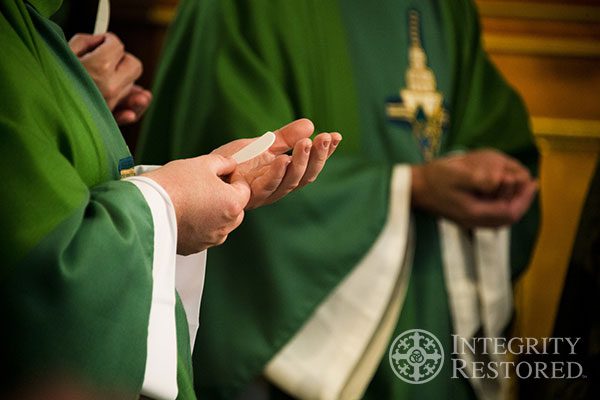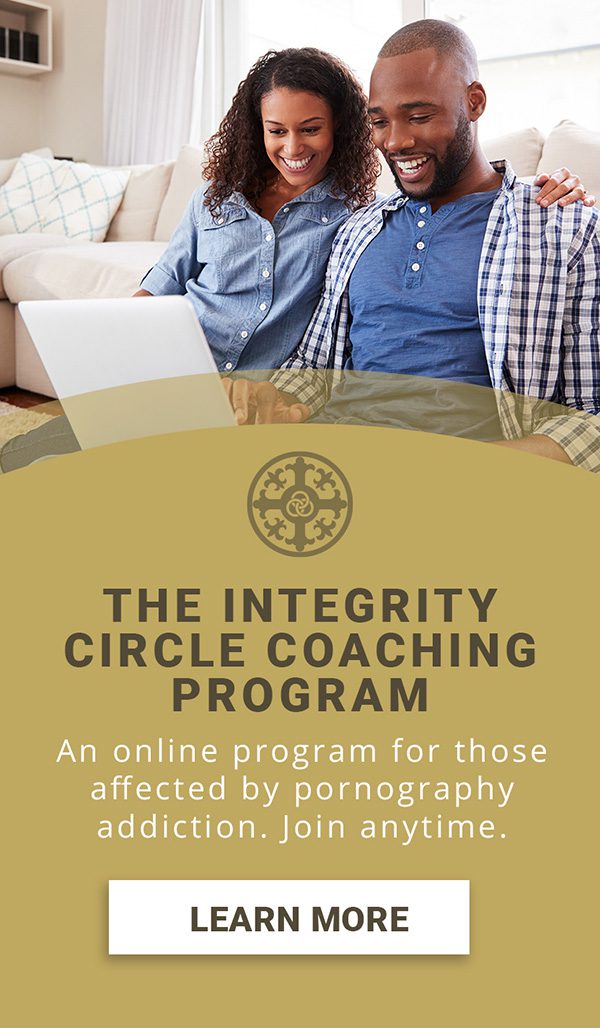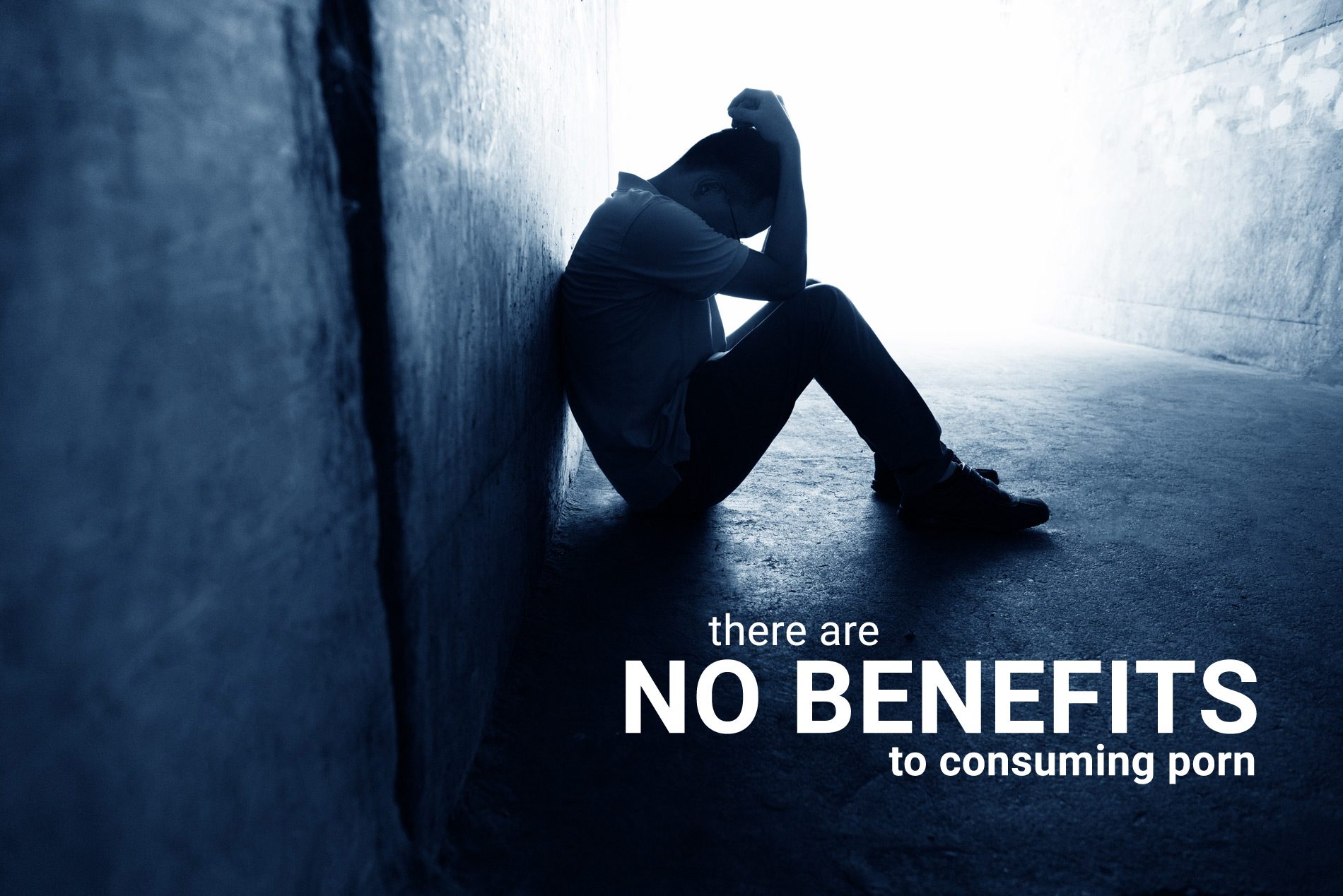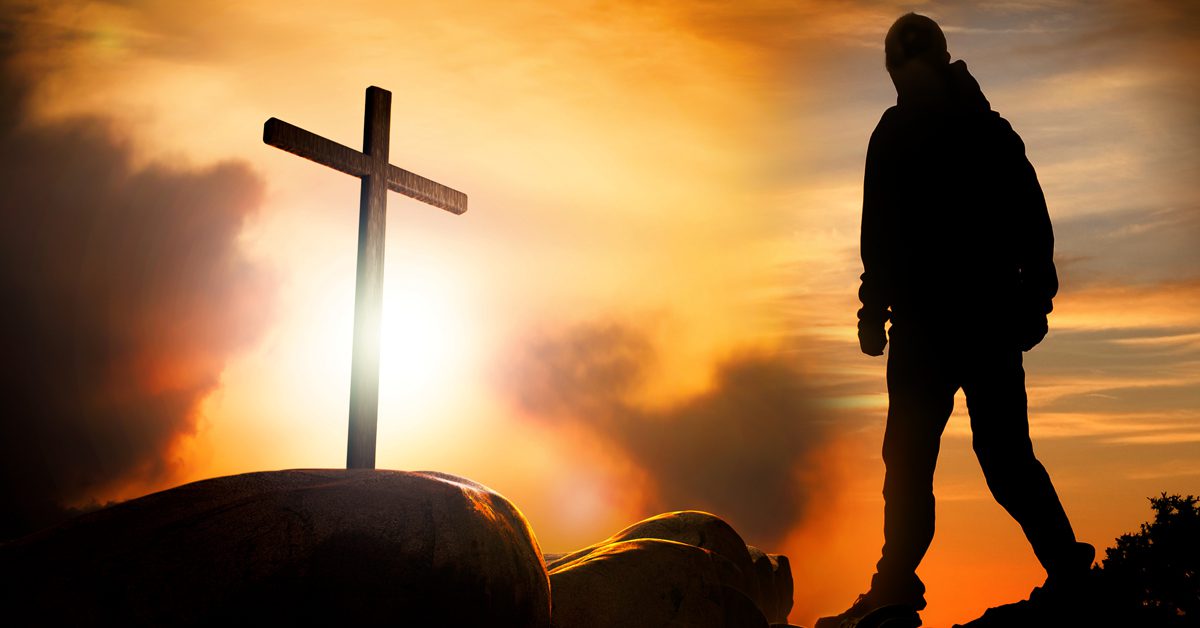When a Priest Struggles: Obstacles to Getting Help

As with all addictions, getting help for pornography addiction can be very difficult. There is much fear, guilt and shame associated with admitting that one has an addiction.
Then there is the challenge of finding adequate help, be it support groups, counselors, accountability partners, etc. However, for priests there are unique challenges:
Shame
While all addicts struggle with shame, I believe clergy struggle with it to a much greater degree. This is because they are public figures that society holds to much stricter standards of moral living. Shame is the emotion that leads us to believe we are terrible people because of the bad things we’ve done. The discovery that a priest has a pornography addiction can be mortifying; especially he happens to be a well-known priest or a bishop. There is a great fear about what others will think of him. Thus, to preserve their reputations many priests do not seek help.
Fear of Scandal
The sexual abuse crisis in the Catholic Church has kept many priests from seeking help for pornography addiction. They fear that if anyone ever found out about their addiction they would be labeled a pervert and/or a sexual predator. They also fear that public knowledge of their addiction would cause additional scandal in the Church. Thus, to protect them selves and the Church they do not seek help.
Fear of Treatment
There are priests who refuse to seek help because of the type of treatment they may be forced into. Priests who admit to having a pornography addiction are often sent to special treatment centers for priests. Unfortunately, these treatment centers often over or misdiagnose priests. Their treatment recommendation can be four to eight months of inpatient treatment with extensive outpatient follow-up afterward.
This unfortunately violates all current standards in the mental health profession. The majority of pornography addicts can be successfully treated in an outpatient program. For those that need inpatient treatment the best programs in America will usually only keep a person for 30 days and then continue with outpatient treatment.
Denial/Pride
While a priest may admit he has an addiction to pornography, he may be in denial regarding his need for outside help. He may also believe that through more intense prayer, the sacraments, spiritual direction and sheer will power he can overcome his addiction.
While this can be fueled by shame, fear and perfectionism, it can also be fueled by pride. A man may think that because he is a priest, he should be able to deal with sexual temptation. This type of pride only leads him deeper into addiction. With continued failures, he becomes more depressed and discouraged. This leads him back into pornography use to ease his pain.
Family Loyalty
This is a unique obstacle to recovery that I have found in many priests, religious and seminarians. Family-of-origin wounds are a key factor in the development of any addiction. Successful recovery requires a man to face these wounds and work on the healing of them. However, because priests are supposed to come from “good Catholic families,” some have difficulty admitting that their families are human and flawed. To them, making such an admission would be an act of disloyalty to the family. Thus, they suffer in silence.
If you are a priest struggling with pornography addiction, I urge you to pray for the courage to seek help. Don’t let shame, fear, denial, pride, family loyalty, or any other reason keep you from receiving the help you deserve.
By seeking help you will prevent any scandals from hurting you or the Church. In recovery, you will find loving and compassionate people who truly want to help you.
Today, most bishops and vicars for clergy are aware of the problem of pornography addiction among priests. Instead of punishing priests their goal is to help them in recovery. Above all, God still loves you and wants you to receive healing. In this Year of Mercy, make it a point to reach out for help and begin your healing journey.












So it looks like they don’t really follow the comments on these pages… I wouldn’t take it personally.
I think the general advice for anyone applies to priests, too. Priests who have a problem with pornography should do three things: spiritual direction, counseling, and recovery group. There’s a great blog post on here about Sexaholics Anonymous and the information on finding a therapist is great.
Matt Fradd and Fr. Kilcawley discuss these three things on episode 40 of the podcast. Definitely worth a listen. These three things work when done together.